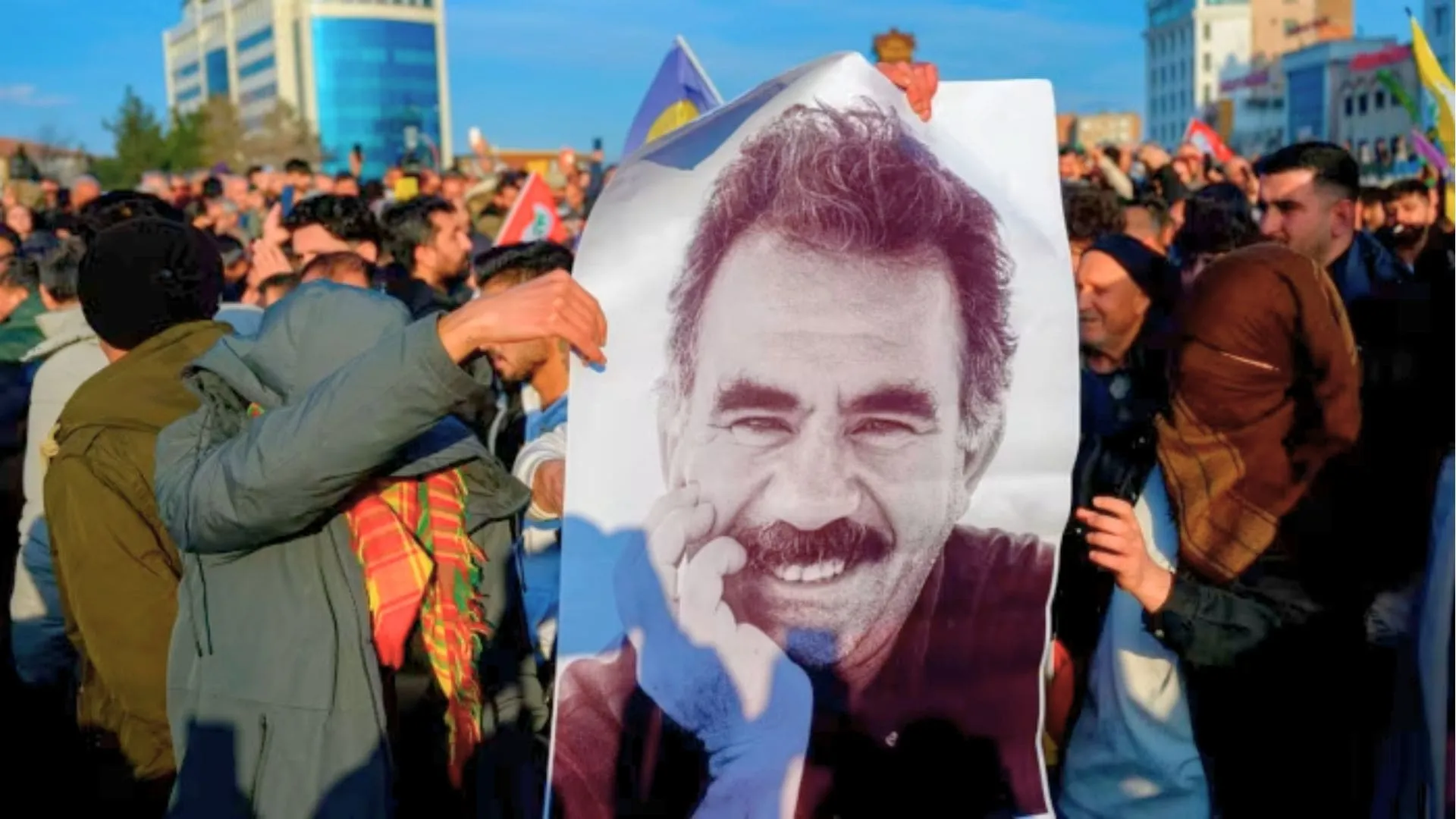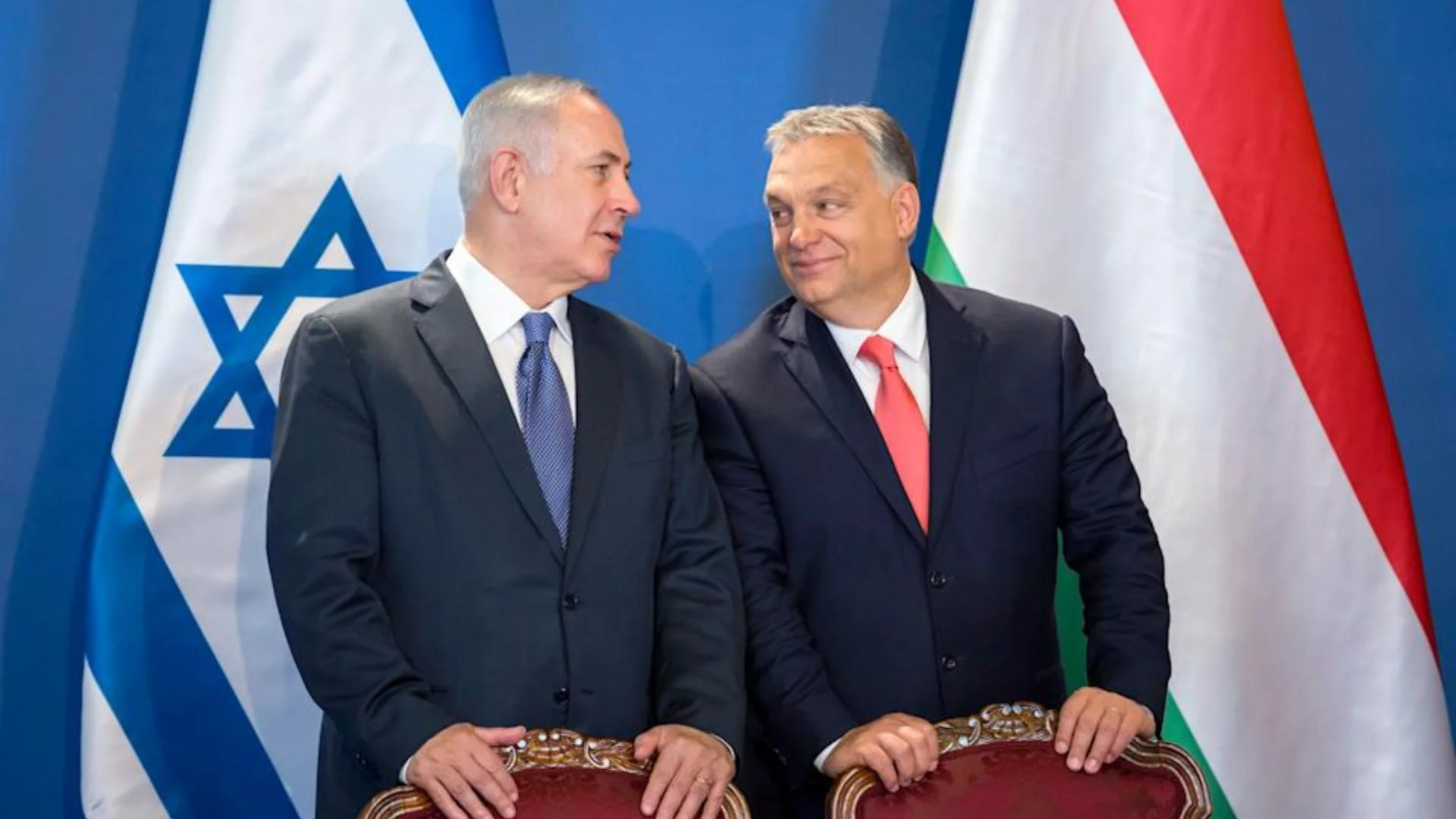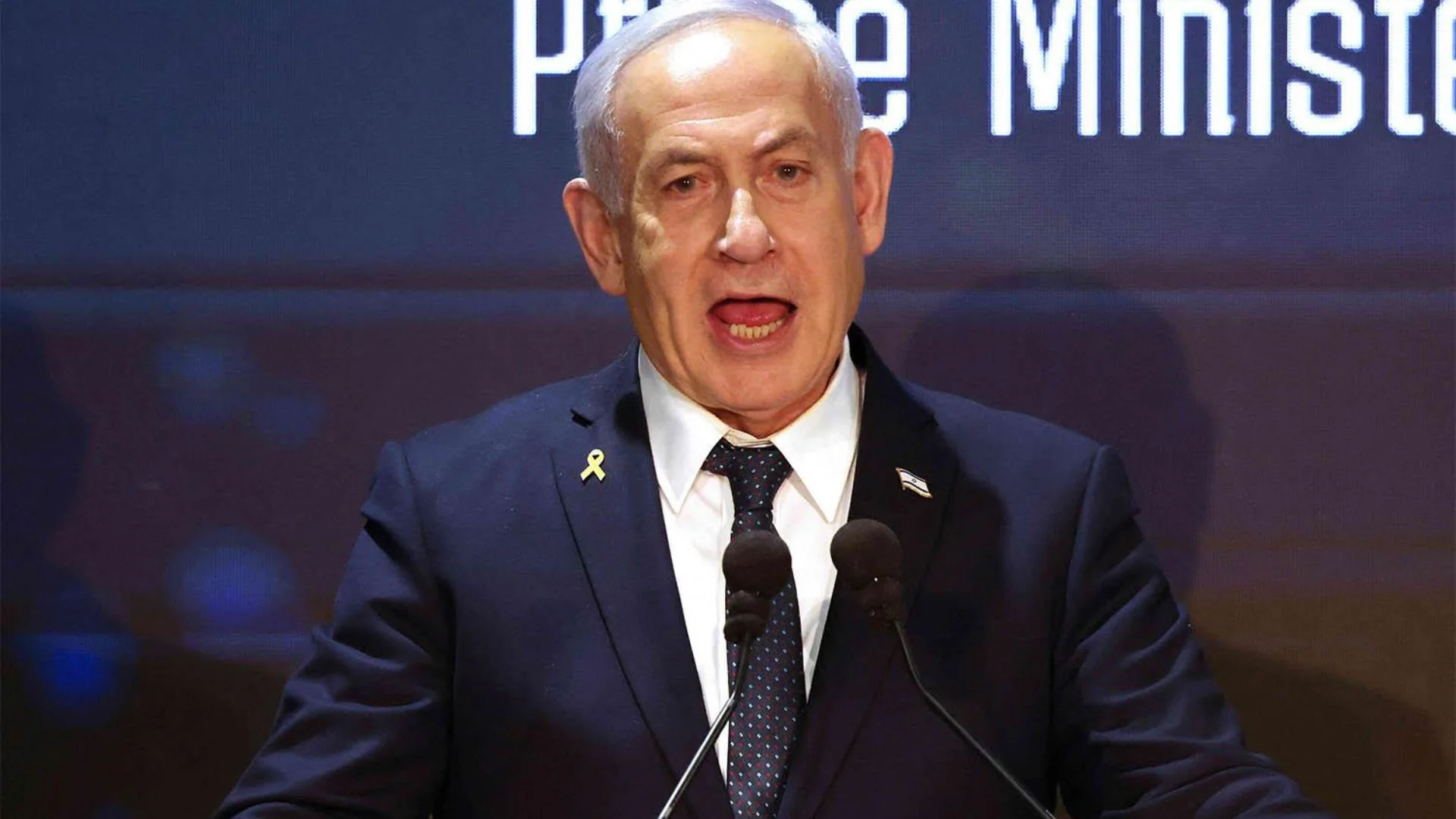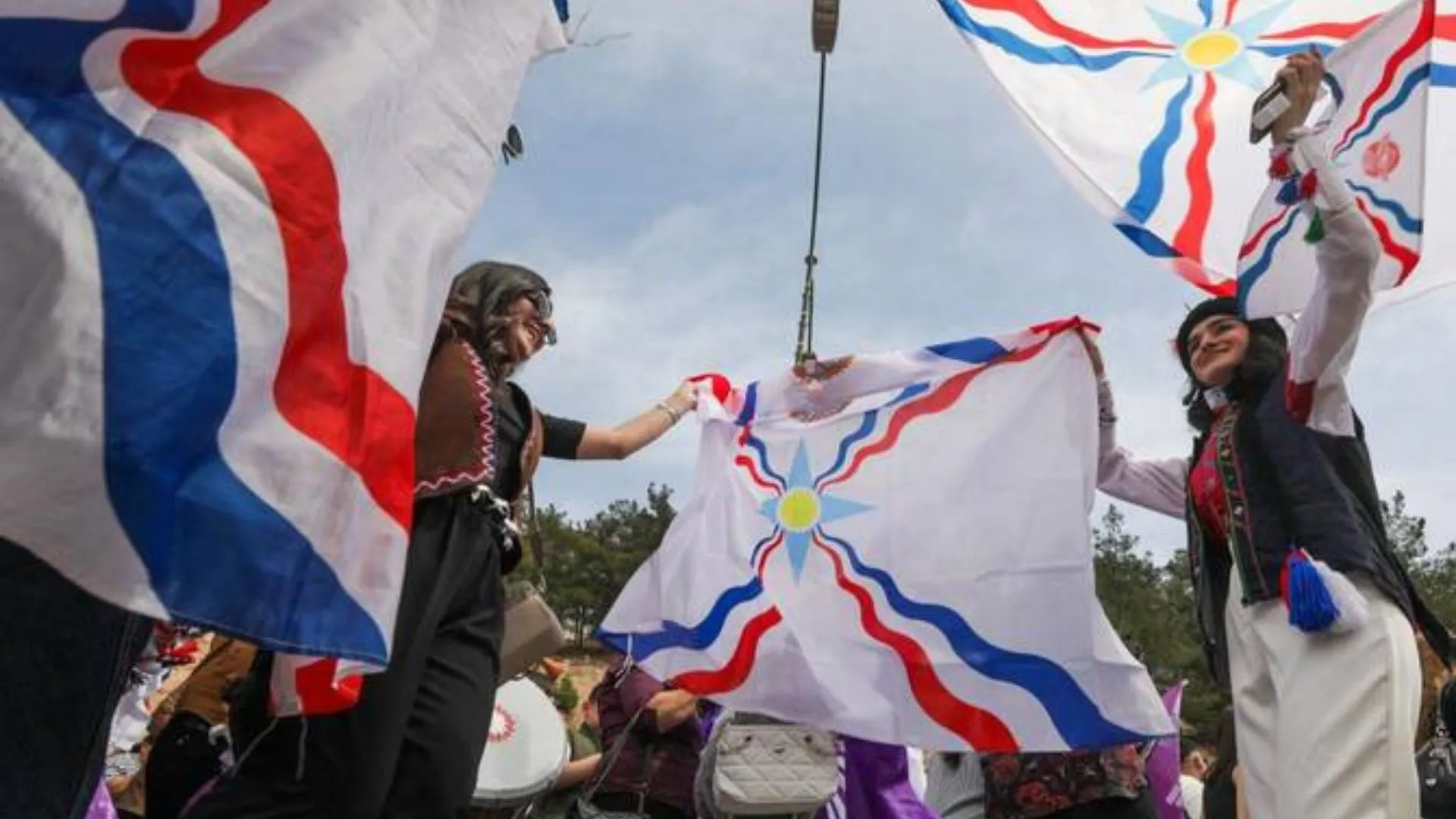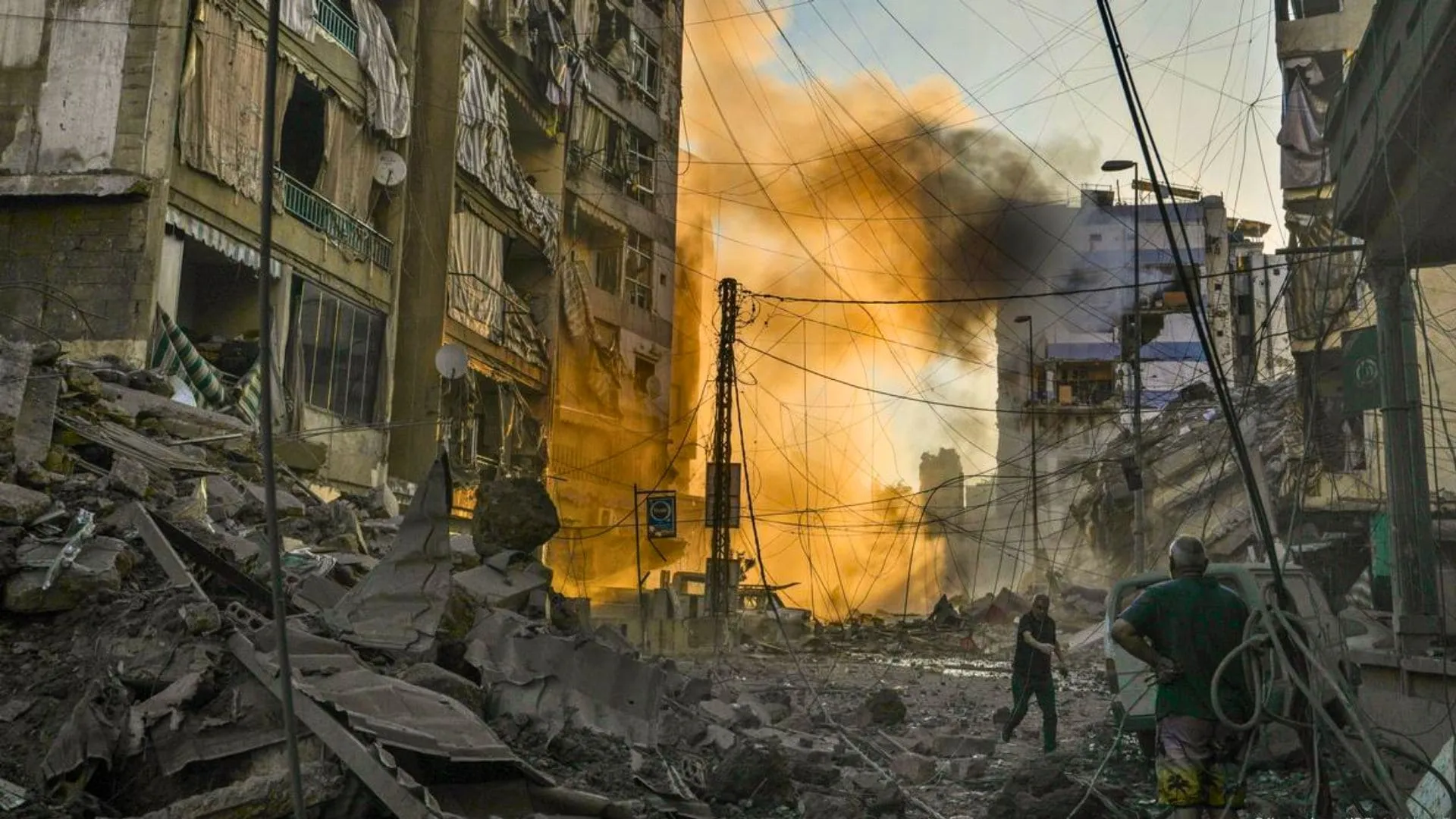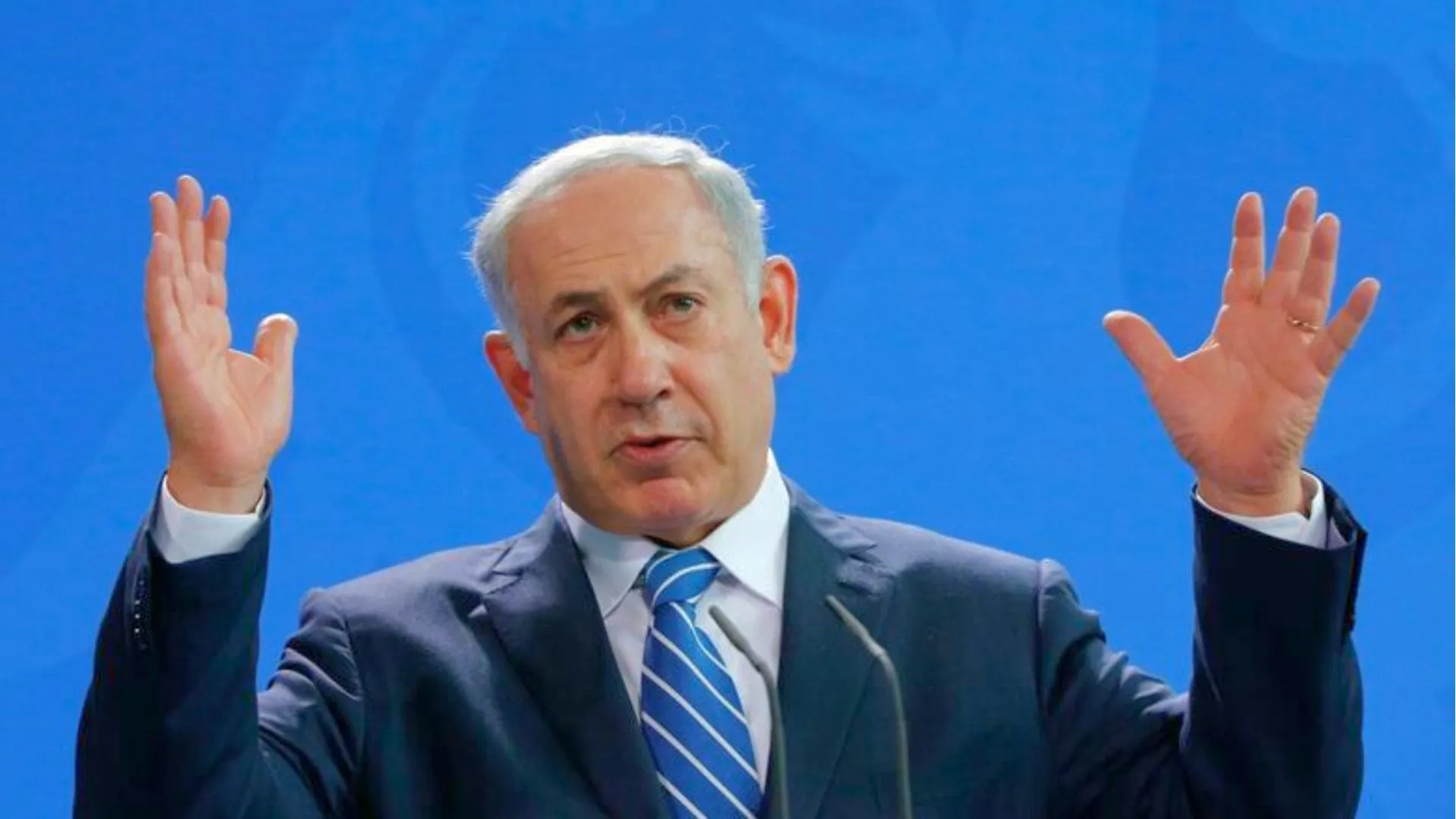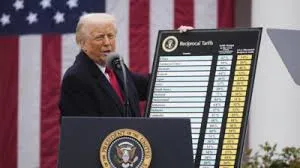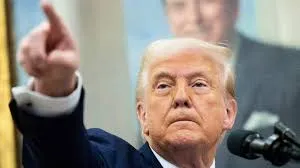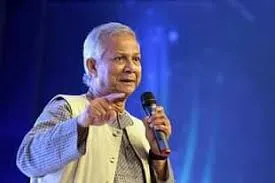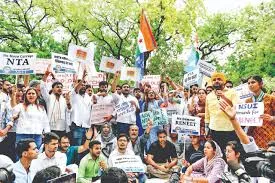Turkey’s suppression of President Tayyip Erdogan’s leading opponent and its role in post-conflict reforms are fueling Kurdish suspicions. The tentative peace process, if successful, could strengthen Turkey in terms of political stability and economic growth. However, failure could worsen unrest in the southeast and add to the 40,000-plus death toll from the 40-year Kurdish conflict.
Imprisoned PKK leader Abdullah Ocalan recently urged the group to disband. The PKK responded with a ceasefire but insisted that Ocalan oversee disarmament and political reforms. Nevertheless, doubts remain high. The pro-Kurdish DEM Party, the third-largest in Turkey, has demanded democratic reforms. However, Turkey’s government remains evasive about its next steps.
Kurds Demand Action, Not Words
Interrogations with Kurdish politicians and residents indicate profound skepticism regarding the government’s sincerity. The detention of Istanbul Mayor Ekrem Imamoglu on allegations of corruption has triggered demonstrations. “We are walking into a minefield. It might derail,” cautioned DEM MP Cengiz Candar, a specialist in the Kurdish question.
The DEM has had three meetings with Ocalan inside prison but reports that Ankara has not put across any reform blueprint. Erdogan has intimated opening democratic space following disarmament but provided no details. One symbolic move was when he proposed declaring the Kurdish Newroz celebrations a national holiday, mimicking a DEM suggestion.
Security personnel are on high alert. Strict police control characterized recent Newroz festivities in Sirnak, where suspicion still exists. DEM MP Mehmet Zeki Irmez stated, “The state should act, but we cannot sense this at the local level.” Previous crackdowns, wholesale arrests, and military campaigns have created wounds.
Path to Peace Remains Unclear
The PKK, labeled a terrorist group by Turkey and its Western allies, also doubts Ankara’s sincerity. “Since Ocalan’s peace call, Turkey has not stopped attacks,” a PKK representative said. Turkish officials insist military operations will continue as long as armed militants exist.
Erdogan is looking for support for a new constitution that would help him stay in power longer. Kurdish support would be useful, but any concessions from the PKK are likely to upset Turkish nationalists. His nationalist partner, Devlet Bahceli, is urging rapid dismantling. Some observe glimmers of hope, as Bahceli recently called Ocalan a “founding leader” rather than previous derogatory labels.
Despite of arrests and tensions, small diplomatic gestures suggest the process is not dead. But entrenched distrust threatens to destroy it.

